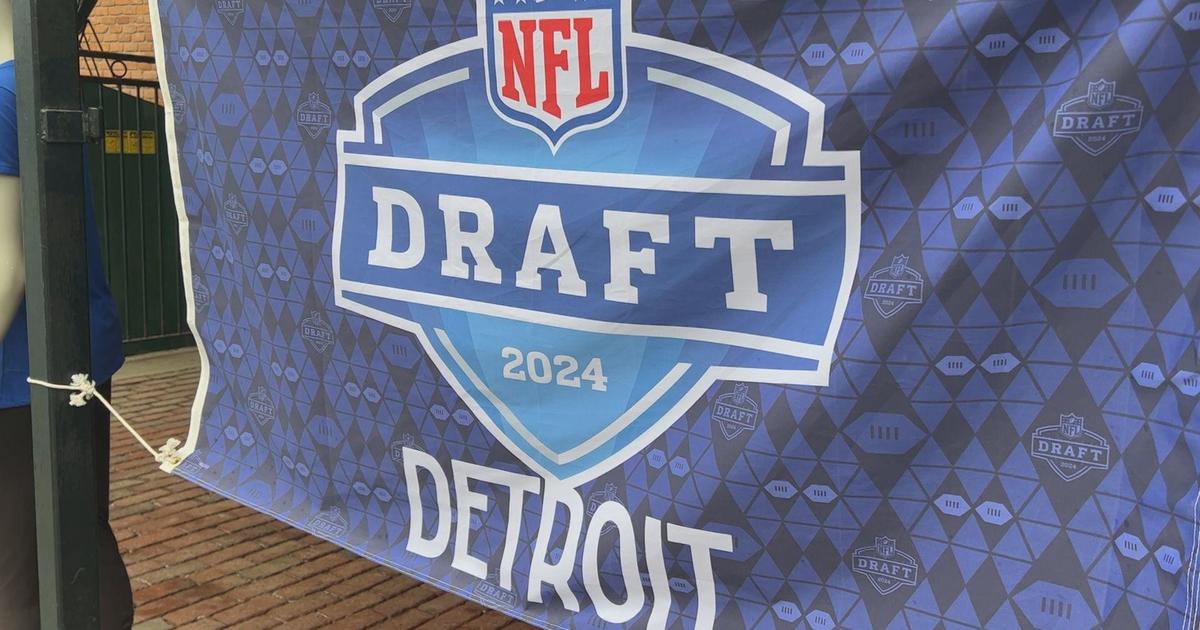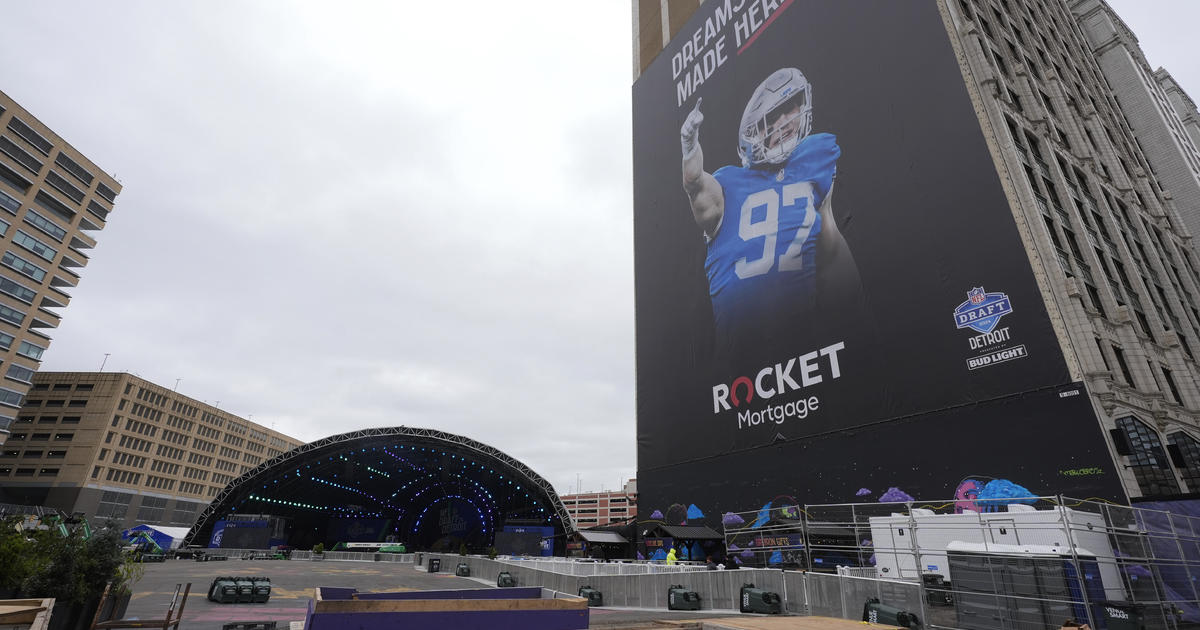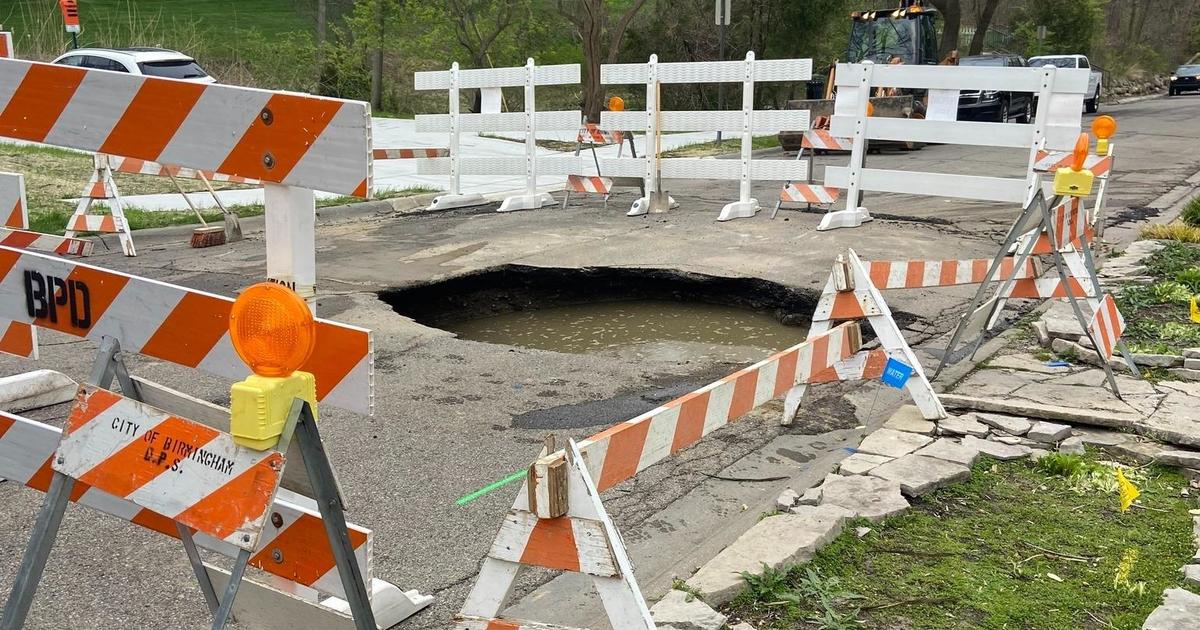Bankrupt Detroit: What Will Happen Next?
DETROIT (WWJ/AP) - Detroit became the largest U.S. city to file for bankruptcy, raising a flurry of questions about what happens next.
Kevyn Orr, the city's emergency manager, said bankruptcy is the "first step toward restoring the city."
"What this does do is give us an opportunity to begin to address some of the city's overbearing debt, which we have discussed ad nauseam at this point, begin to provide the level of services, and address the level of health, safety and welfare concerns of the citizens of the city and to move forward to a fresh start for this great city," Orr said.
"We don't have time for more delaying tactics, for more litigation, for business as usual. We've been saying that again and again and again. Everybody knows I have an 18 month term, and I have 15 months left in it," he added.
Orr said Detroit's bankruptcy should be complete next year by late summer or early fall, leaving many of the city's residents wondering what will happen in the meantime.
Here's a look at what's known about the next steps:
Will the lights go out?
Orr said the city will be open and bills will be paid. And it can do things like keep police on the streets, firefighters on duty and water running. The question is whether these services will be cut later.
"This is really about the first step in starting this city towards a course of restoring goods and services, health, safety and welfare for the city, and growing the city," Orr said.
Can city employees still expect a paycheck?
Mayor Dave Bing said the bankruptcy filing won't affect the paychecks of city employees, who should still report to work as usual.
"The paychecks for our city employees will continue. I think over the medium range, we will hopefully see things start to improve," Bing said.
How long will it take?
Detroit is by far the largest city to file for municipal bankruptcy, and because it is, the timeframe for the case isn't known. It could take years to resolve.
What happens in court?
A bankruptcy judge will be appointed to oversee the case. The city will have to come forward with a list of its creditors and how much it owes them. That wasn't included in the initial Chapter 9 filing. It will also have to prove that it can't pay its bills. Orr has said previously that the city wasn't going to pay some of its debt.
"We've spent a lot of time negotiating good faith, we've had over 100 meetings with stakeholders, we've provided a lot of information and frankly, we'll continue negotiating good faith. And I hope we'll get to a position now where we'll be able to reach some sort of agreement that will be cooperative," Orr said.
A judge also will likely stay lawsuits against the city. Bankruptcy could change pension and retiree benefits, which are guaranteed under state law.
What will the judge do?
If the bankruptcy filing is approved, city assets could be liquidated to satisfy demands for payment. The city would propose a reorganization plan. The wide-ranging plan could include anything from selling assets, layoffs, changing union contracts and more. Then, the city would need the support of creditors to emerge from bankruptcy.
MORE: Historic Day: Detroit Files For Bankruptcy
No Federal Government Bailout In The Works For Detroit
Snyder Says Detroit Bankruptcy A 'Painful Decision'
TM and © Copyright 2013 CBS Radio Inc. and its relevant subsidiaries. CBS RADIO and EYE Logo TM and Copyright 2013 CBS Broadcasting Inc. Used under license. All Rights Reserved. This material may not be published, broadcast, rewritten, or redistributed. The Associated Press contributed to this report.



